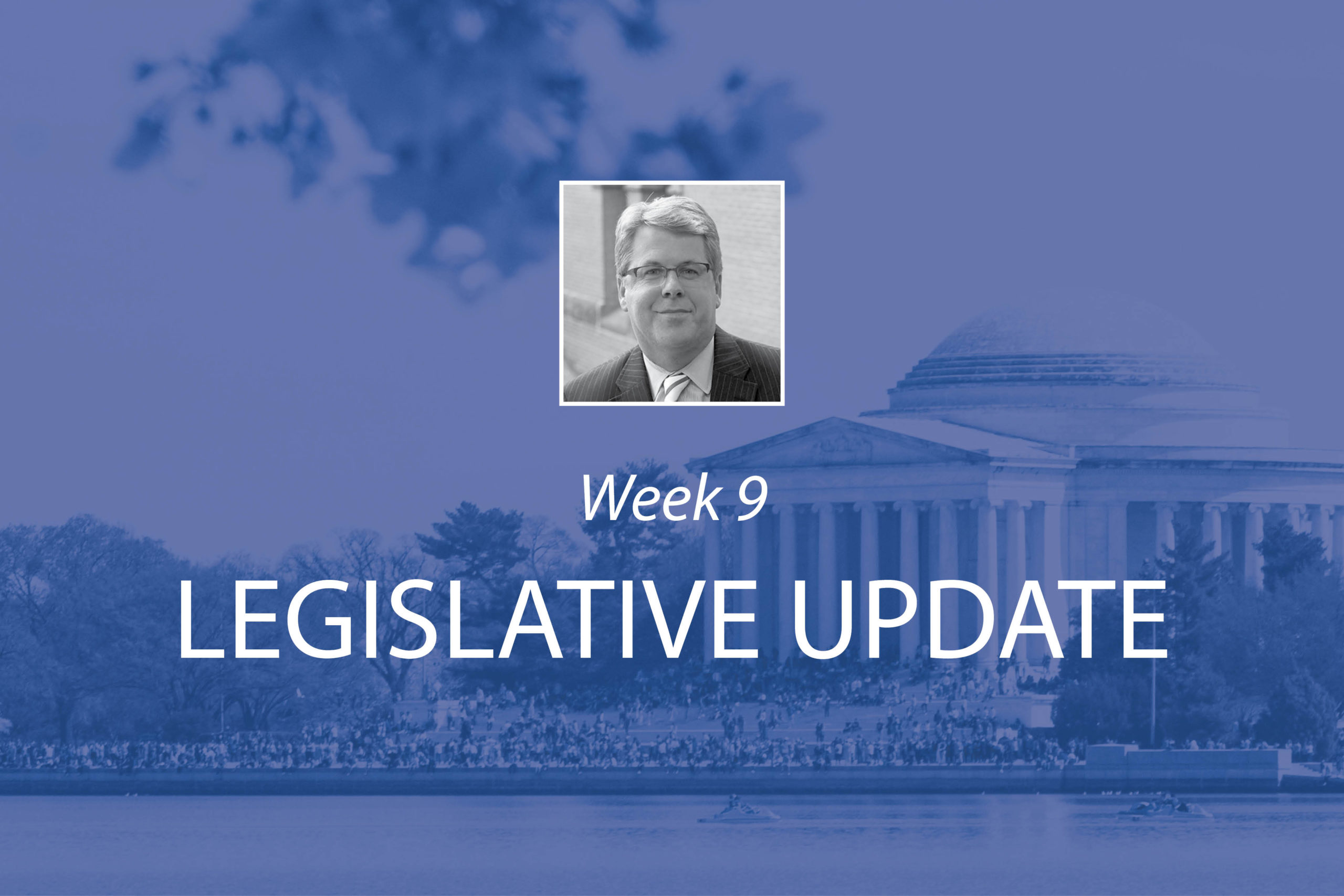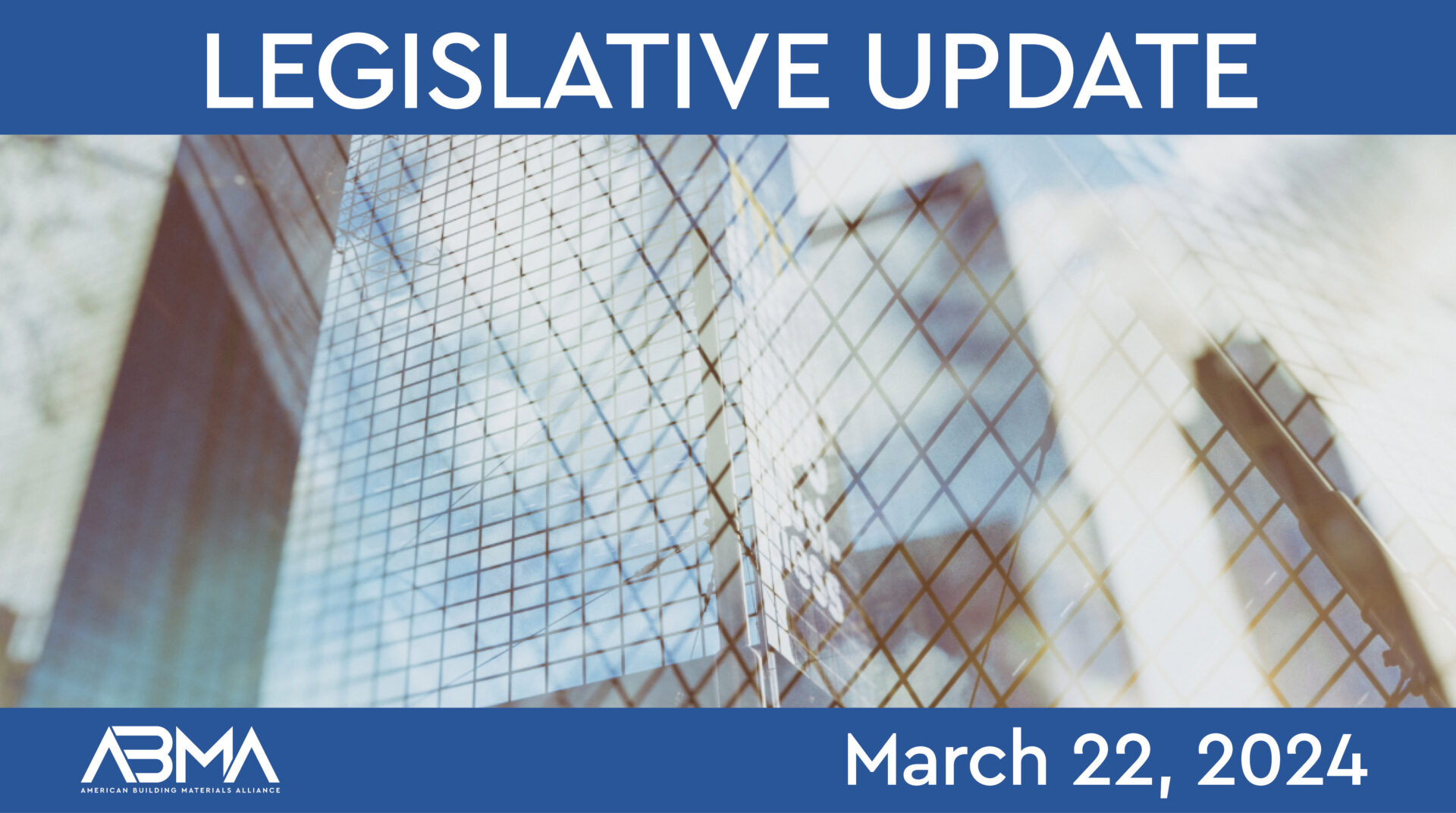Congress—Infrastructure and Taxes
On Thursday morning, President Biden released a compromise framework for his Build Back Better plan. Although the $1.75 trillion framework does not delve into all the details and a considerable number of significant items still need to be worked out, the framework has been agreed to by holdout Democrat moderates in the Senate. The compromise framework was unveiled in hopes of securing a commitment from Progressive Democrats in the House to vote “yes” on the bipartisan infrastructure package that passed the Senate in August. As of Thursday evening, Progressives continue to oppose moving forward on the infrastructure bill without seeing actual legislative text—an exercise involving thousands of pages which may take weeks to write. While negotiations continue, below are a few items that look like they will be included in any final deal:
- Workforce Development: The plan appropriates $40 billion for workforce development–$60 billion less than the President requested and half as much as the House Education and Labor Committee approved earlier this year. However, that figure is still significant as the Senate was looking to trim workforce spending down considerably lower. The funding would be targeted at the Labor Department’s job training programs, increasing them by 50 percent every year for the next five years.
- Tax on Pass Through Income: The plan applies the 3.8 percent Net Investment Income tax to all income earned by S corporations and partnerships. This tax was enacted as part of the Affordable Care Act, and it was designed to apply to passive investment income, not the income from active businesses where their owners run the business. This provision would apply to pass-through businesses only and is estimated to raise $250 billion over ten years.
One piece that does not appear to be in the framework but is in the mix are provisions that change the income and transfer tax rules around “grantor trusts.” This issue is particularly relevant for family-owned businesses. ABMA signed onto a letter this week opposing the grantor trust provisions in Chairman Neal’s tax package.
One other piece that appears likely to be included in the final package is cap relief on State and Local Tax (SALT) deductions. Specifically, House Ways & Means Committee Chairman Richie Neal is looking to suspend the SALT cap in 2022 and 2023 and then have it restart for 2024-2027.
ABMA will continue to provide updates and analysis on this package as details become available.
Vaccine Mandate
ABMA is hearing from multiple sources in and outside the White House that the vaccine mandate for employers of 100 or more employees is now slated for November 4. It is anticipated that a notice will be published in the Federal Register that day and that there will be a White House event to roll out the mandate. As soon as text is available, we will provide an analysis.
OSHA Heat Standard
In Wednesday’s edition of the Federal Register, OSHA announced that it is initiating a rulemaking to protect indoor and outdoor workers from hazardous heat in the work place. The Advance Notice of Proposed Rulemaking (ANPRM) seeks information from commenters on workplace controls that have been effective in preventing injury and illness. Comments are due by December 27. According to OHSA, workers across hundreds of industries are at risk for hazardous heat exposure and resulting health impacts. Since 2018, 789 heat-related hospitalizations and 54 heat-related fatalities across nearly 275 unique industries have been documented by OSHA through workplace inspections and violations. During this time, hospitalizations occurred most frequently in postal and delivery service, landscaping, and commercial building, as well as highway, street, and bridge construction workers. The Federal Register notice may be found here.




